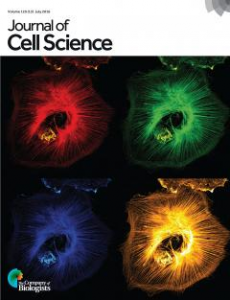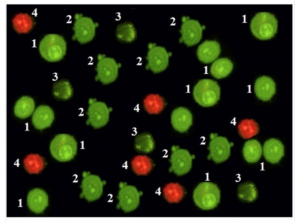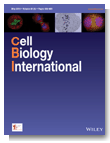 An erstwhile cell biologist has retracted five papers published in the Journal of Cell Science (JCS), all of which had been flagged in a recent investigation by the U.S. Office of Research Integrity (ORI).
An erstwhile cell biologist has retracted five papers published in the Journal of Cell Science (JCS), all of which had been flagged in a recent investigation by the U.S. Office of Research Integrity (ORI).
The investigation found John Pastorino, previously a cell biologist at Rowan University in New Jersey, guilty of doctoring more than 40 images, resulting in a five-year funding ban.
The probe identified eight papers co-authored by Pastorino, six of which had already received expressions of concern (EOC) — including all of the newly retracted JCS papers. Nataly Shulga is a co-author on all eight papers.
Last week, we reported on the first of the expected retractions of the flagged papers in the Journal of Biological Chemistry.
Here are the retraction notices, which are the same for all five JCS papers: Continue reading Five more retractions for biologist with funding ban brings total to six






